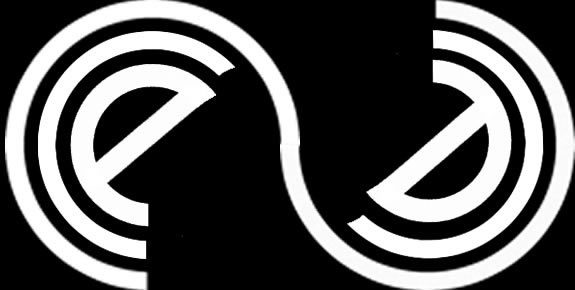Reviews and Reports Dominate 2013 for BAI
The BAI have issued a statement today, 2nd January 2014, outline their achievements in 2013. 2013 was the first full year without analogue television and the development of HD television services. Radio licences were re-advertised. The biggest television news story of the year was the entry of UTV into the television marketplace.
In 2013 the BAI undertook a 5 year review of public funding for public service broadcasters (PSB). Both RTÉ and TG4 were required to carry out 5 year plans and submit them to the BAI. The BAI then used consultants to review both plans and then put forward its position on those plans to the Minister for Communications.
The BAI also undertook a Sectoral Impact Assessment (SIA) and a Public Value Test (PVT) on changes to RTÉ Two's daytime schedule. RTÉ plan to remove the RTÉjr strand from the channel due to the addition of a separate channel RTÉjr in 2011. It was expected that the minister would make a decision on this report before the Christmas break however no decision was made on this small issue. The public were not consulted on the change.
The BAI also undertook a public consultation into its Strategy Statement for the next 3 years. Submissions were received by the Authority in November. Part of this plan includes the reduction of regulatory burdens on the Broadcasters. It is expected that the BAI will launch the 3 year plan early this year.
The BAI dealt with 109 complaints in 2014. 30 are still being considered, it was felt that 16 were dealt with adequately by the broadcaster, 56 were resolved at the Compliance Committee or Executive Complaints Forum (ECF) level. The ECF can only side with the broadcaster on a complaint, if it does not then the complaint must go to the Compliance Committee, where just 7 complaints were upheld.
In terms of complaints handling processes the BAI are considering changes to be introduced in 2014, while their Compliance and Enforcement Policy and Procedures were ratified in November.
The BAI also works to distribute the Sound and Vision fund, which is provided to them from the Licence fee. A review of the Sound and Vision fund was carried out in 2013 and again this was submitted to the Minister for Communications. A public consultation was carried out in 2013 for Sound and Vision 3, which will begin operating in 2015. The Minister for Communications and the European Commission will have to consider the new scheme. The public consultation closes on the 6th of February 2014.
The BAI was also responsible for an archiving scheme for broadcasters. It issued €1.5million to broadcasters for archiving material and it is expected that they will issue a further €2.5million in 2014.
A new code of Fairness, Objectivity and Impartiality in News and Current affairs was also introduced after a consultation process. The BAI revised the General and Children's Commercial Communications Code in June, with restrictions on advertising food with a high fat, salt and sugar content to children being added to the code.
In terms of Radio the BAI fast tracked most Radio licences, by the end of the year most licences were returned to the radio station involved. It is expect that more will follow in the new year. Five of the franchises are subject to a competitive licensing process, these licences will be considered by the Contract Awards Committee over their meetings in the New Year.
DTT still blighted the broadcasting sector in 2013, with no real development for the Digital Terrestrial service. The BAI commissioned Oliver and Ohlbaum to carry out another review of commercial DTT in Ireland. The findings have been considered by the BAI and a submission was made to the Minister, it is expected that the findings of the review will be published later this month, this is 6 years after the failure by the BAI to launch a commerical DTT service in 2008. Commercial DTT services are unlikely in a saturated pay television market such as the Irish market.

Add This